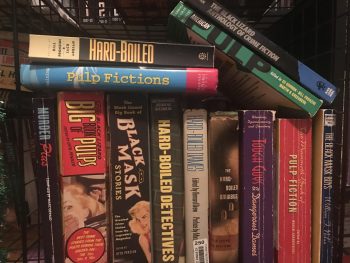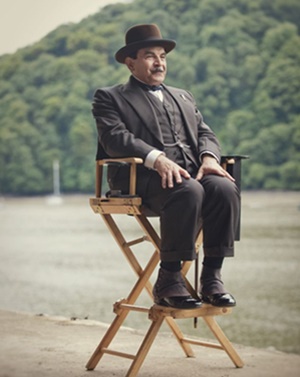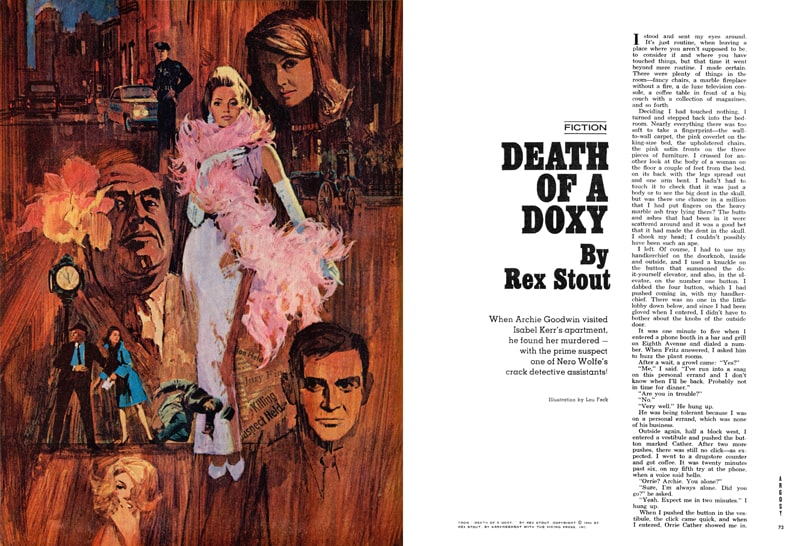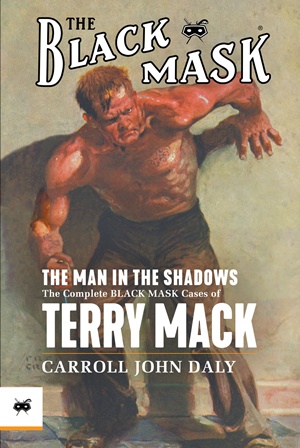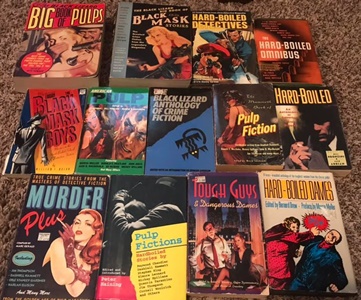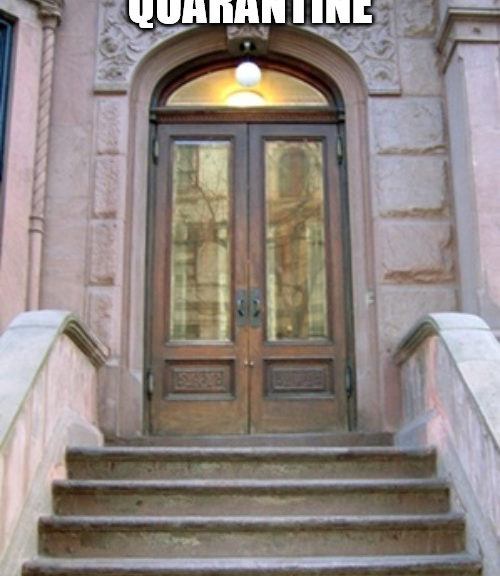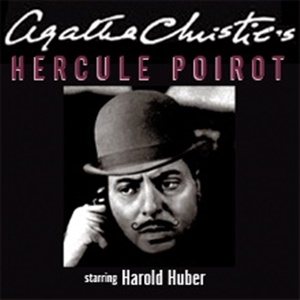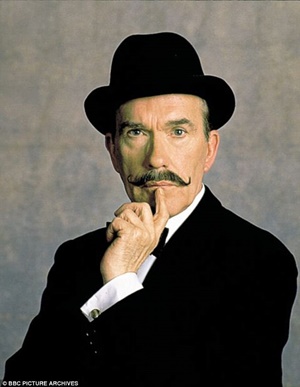Bob’s Books- Shelfie #9 (Hillerman, Monk)
It’s installment number eight in Bob’s Books Shelfie series. Links to the prior shelfie posts can be found at the end of this one. If you’re new to this column, I posted shelfies of over a thousand of my books, in the r/bookshelf subreddit. The mods got too annoying for me, and I quit the group. Today it’s Tony Hillerman, and Adrian Monk.
TONY HILLERMAN
 I am a huge Hillerman fan, having gone through his Navajo Tribal police series (reading and audiobooks) easily a half dozen times. And his The Fly on the Wall is in my Top Five Novels. His books are terrific police procedurals, drenched in Native American Culture (primarily Navajo, but there’s more).
I am a huge Hillerman fan, having gone through his Navajo Tribal police series (reading and audiobooks) easily a half dozen times. And his The Fly on the Wall is in my Top Five Novels. His books are terrific police procedurals, drenched in Native American Culture (primarily Navajo, but there’s more).
After he died, the series was continued by his daughter, but they’ve gone from bad to terrible and I quit reading them. Even with her father’s last name, she’s less qualified to write them than I am.
Season one of AMC’s Dark Winds streamed the summer of 2022, based on his series. Very good show – not good Hillerman. I wrote 5,000 words about Hillerman and the series over at Black Gate. I have not yet seen season two.
